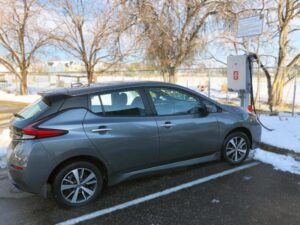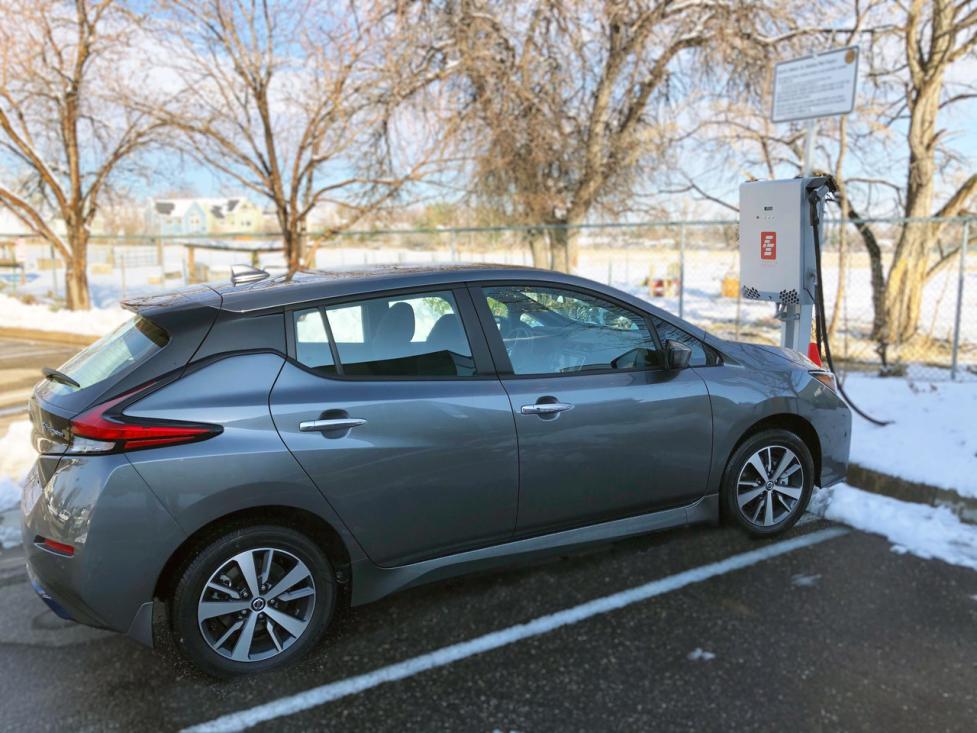2024 was a busy year, from advancing groundbreaking climate policies to launching new programs that empower community action and connection, the city has been hard at work building a better climate future for Boulder and beyond.
Here are some of the climate actions, both big and small, we accomplished in 2024:

Boulder’s 2023 Greenhouse Gas Inventory revealed a 7% emissions reduction from 2022, a 24% decrease since 2018, and a remarkable 41% reduction since 2005, marking significant progress toward the city’s climate goals. These achievements reflect the community’s dedication to reducing its carbon footprint and advancing the city’s targets of a 70% reduction by 2030 and net-zero emissions by 2035.
This year marked continued progress in Boulder’s lawsuit against Exxon and Suncor, holding them accountable for their role in driving climate alteration and harming the community. Fossil fuel companies made billions promoting fossil fuel use while concealing and misrepresenting its dangers, contributing to the worsening impacts of climate change. These effects, such as severe wildfires, shrinking snowpack, heat waves and prolonged droughts, are straining resources and placing an unfair burden on taxpayers.
We successfully piloted a program that combined electric vehicles (EVs) with affordable housing to advance sustainability. The program introduced bidirectional charging stations, which allowed energy to flow between buildings and vehicles. This cutting-edge technology helped lower energy costs, improved grid stability, and promoted equitable access to clean transportation. The initiative demonstrated Boulder’s commitment to innovative solutions, setting the stage for expanded clean energy efforts across the community.
The Community Forestry Corps engaged young people in meaningful climate action while advancing efforts to strengthen Boulder’s urban forests. Urban trees play a critical role in mitigating climate change by reducing heat, a growing concern for community health and safety. Through this program, participants planted and cared for trees in under-shaded areas and collected heat data to guide strategies for managing extreme temperatures.
Boulder is taking a bold move toward a cleaner, healthier future with a $199.7 million grant from the EPA’s Climate Pollution Reduction Grants program. Secured in partnership with the Denver Regional Council of Governments (DRCOG), this investment will cut emissions, improve air quality, boost public health, and create green jobs across the region.
Over the next five years, the grant will help upgrade 60,000 homes and businesses, prioritizing low-income and disadvantaged communities. By replacing fossil fuel-burning appliances and driving innovation in clean energy, the initiative will reduce greenhouse gas emissions while delivering economic and health benefits.
This year, the city purchased over 4,400 streetlights from Xcel Energy, marking a key step in the city’s effort to enhance safety, efficiency, and sustainability. Beginning in 2025, Boulder will transition to energy-efficient LED fixtures, which will reduce pollution and carbon emissions tied to electricity generation, lower maintenance costs and integrate smart technology for improved performance.
Boulder took a major step toward achieving its zero-emissions electricity goal with the launch of the Prime Time Virtual Power Plant (VPP) project. This initiative aims to integrate rooftop solar, battery storage, electric vehicles, and other renewable energy technologies into the city’s electric grid. By leveraging smart technology, the VPP helps balance and optimize energy generation and storage across homes, businesses, and community assets.

